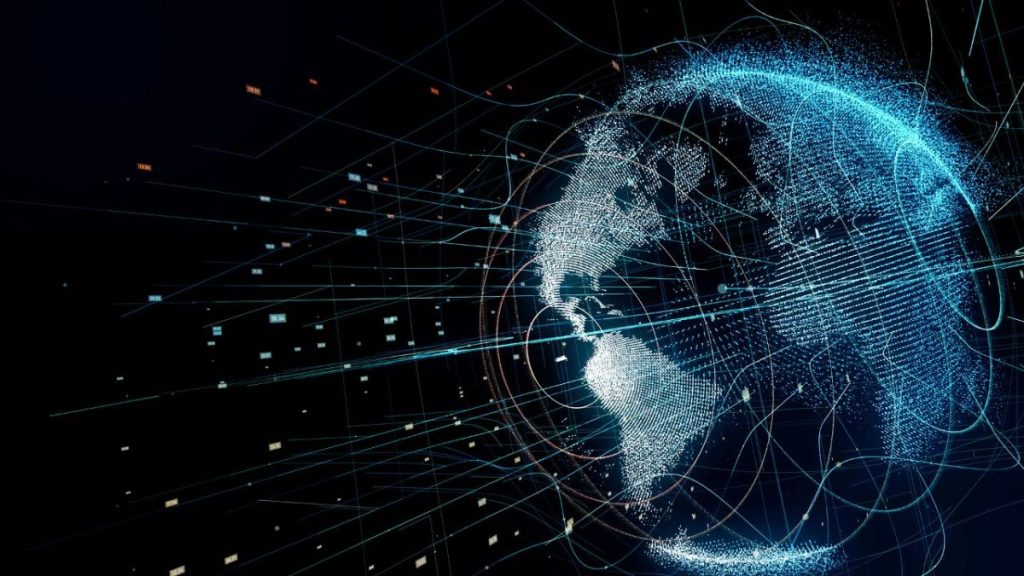Artificial Intelligence: Agents, Data Centers, and Sustainability
2025 is poised to witness a surge in AI agent deployment. These semi-autonomous programs, trained on vast datasets, will enhance productivity across various sectors, from customer service and human resources to data security. Knowledge workers will benefit from personalized AI assistance, while developers will leverage customizable blueprints to build increasingly sophisticated agents. This expansion will necessitate a corresponding growth in AI-focused data centers and "AI factories." Addressing the energy demands of this technology will be paramount, with liquid cooling emerging as a key solution for maximizing performance and minimizing environmental impact. Europe, in particular, is expected to excel in the development of green AI technologies, capitalizing on its historical focus on sustainability.
European Tech Landscape: Cleantech, Eastern European Rise, and Quantum Cryptography
Europe’s commitment to addressing climate change will likely fuel a wave of cleantech start-ups in 2025. Eastern European countries, notably Romania, are predicted to rise as tech hubs, particularly in cybersecurity, further bolstered by investments from Poland and Hungary. The ongoing conflict in Ukraine continues to emphasize the importance of defense technologies, with Estonia and Latvia leading the European charge. Quantum computing, while still in its nascent stages, will see increasing attention placed on quantum cryptography as a means to protect against the potential threat of quantum computers breaking existing encryption methods. This area is of particular interest to governments and national security agencies.
Social Media: Regulation, Advertising, and the Rise of AI
Social media in 2025 will be shaped by evolving regulations, the growing influence of advertisers, and the integration of AI. Globally, governments will grapple with how to regulate content moderation and platform accountability, with differing approaches expected between the US and Europe. Advertisers will exert increasing influence, potentially setting the rules of engagement for social media platforms. The proliferation of AI-generated content will pose a significant challenge for moderation, with potential for misuse and misinformation, particularly in countries outside the Western sphere.
Robotics: Prototypes and Potential
While the widespread adoption of household robots remains on the horizon, 2025 may see the emergence of the first prototypes capable of operating outside structured industrial settings. These robots could potentially assist with basic household tasks, though regulatory and legal frameworks will play a crucial role in their deployment. Initial implementations may be seen in commercial settings, public institutions, or healthcare facilities. The US, facing a shortage of skilled labor, may prioritize robotics development to boost economic growth, potentially generating global implications for the industry.
Cryptocurrency: Mainstream Acceptance and Market Maturity
The cryptocurrency landscape in 2025 is predicted to be characterized by increased mainstream understanding and acceptance of blockchain technology. Fluctuations in cryptocurrency prices will become less of a concern as the market matures, enabling companies to thrive regardless of bull or bear cycles. The focus will likely shift towards building sustainable businesses and expanding the use cases of blockchain technology beyond speculative investments.
Overall Tech Trends in 2025: Consolidation, Integration, and Ethical Considerations
The overarching trends for 2025 suggest a move towards consolidation and integration across various technological domains. AI will become more deeply embedded in everyday applications, from workforce productivity tools to social media platforms. The ethical implications of AI, particularly in content moderation and misinformation, will demand increased attention. Sustainability will remain a key driver of innovation, especially in Europe, with a focus on green AI and cleantech solutions. Quantum computing will continue to advance, with a concurrent focus on securing digital infrastructure against future quantum threats. Robotics will take initial steps towards integration into non-industrial environments, with potential for significant future impact. Cryptocurrency will move towards greater mainstream acceptance, driven by market maturity and expanding applications of blockchain technology. Throughout these developments, regulatory frameworks and ethical considerations will play a crucial role in shaping the technological landscape of 2025 and beyond.














